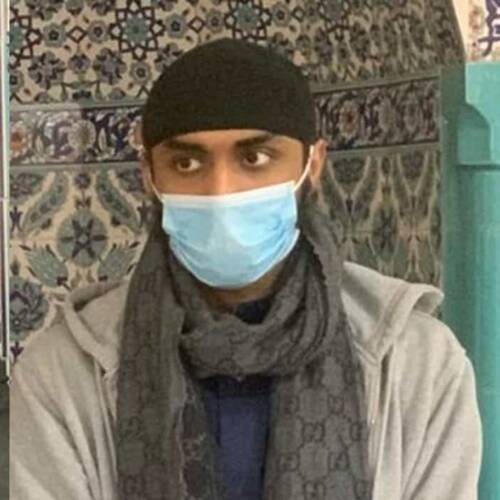
9 Ways to Combat Youth Crime – From an Experienced Grassroots Youth Practitioner
08 Feb 2020Undoubtedly, carers, parents, families, statutory organisations, charities and grassroots organisations in urban inner-cities need to work together more closely to help tackle the various issues that our youth face today. But I sincerely hope that the Prime Minister of Britain can support this work by taking on board the advice of practitioners who have over 15 years of experience, as opposed to government advisors that are largely out of touch with the real lived experiences and needs of young people.
I believe that the following 10-point plan, if implemented by the PM, can help to reduce knife-crime, and decrease the rate of offending/re-offending youth in our communities.
1. National Citizens Service should be extended
National Citizens Service (NCS) is a personal and social development programme currently offered to 16-17 year olds in England and Northern Ireland, where young people spend a short period away from home working on a social action project of their choice. The opportunity allows them to build various skills for work and life. NCS should be compulsory and free for young people who are; ex-offenders, are on permanently exclusion from school, are in care or are Special Education Needs (SEN).
2. Consider alterntives to prison and Youth Offending Institutions
UK prisons and Youth Offending Institutions (YOI’s) are filled to their maximum capacity, and are facing funding cuts. In light of this, offenders aged between 12-21 years (or under), who have been prosecuted for non-violent cannabis-related crimes, should instead be disciplined with 2500-10,000 hours of community service, and stringent curfews. This should include cleaning buildings and public spaces, and supporting local authorities with waste management services. These prosecuted young people should then be inducted into compulsory welfare-to-work programmes.
3. Academy schools should play a role in tackling youth-crime
As most (if not all) companies that own academy schools are multi-million pound companies, I strongly believe they should play a more active role in helping the youth of our communities. Every academy school in an urban inner city community should provide a youth club facility. Every school they manage should have a minimum of 2 full-time and 2 part-time youth workers. In addition to this, academy schools should give at least 20 hours in kind support for use of their sports facilities in partnership with 2-3 local grassroots community-based organisations.
4. National youth charities should partner up with grassroots community organisations
All National youth charities working in urban areas and communities should only be able to access public funding if they have concrete, sustainable, paid partnerships with grassroots community organisations who have a track record of working in urban communities. A portion of the funding given should be directed to local grassroots community organisations.
5. Schools should run knife-crime intervention workshops
There should be frequent knife-crime intervention workshops in all urban inner-city schools, youth clubs, pupil referral units and prisons around 3-4 times a year.
6. Social media companies should be held accountable
Due to the lax approach of major social media companies in curtailing content that promotes gang-culture and extremism on their platforms, the government should enforce heavy fines for allowing gang/crime-related or extremist-provocative content on their sites which have irreparable effects on communities. At least a quarter of the revenue from these fines should be re/invested into youth and community programmes in inner-city urban areas.
7. Welfare-to-work programmes should be made compulsory for all ex-offenders upon release
After the welfare-to-work programme, ex-offenders should be connected with the 300+ companies who already have a policy to recruit ex-offenders.
8. Successful people should make school visits and connect with young people
Allow tax exceptions or discount incentives for successful professionals, entrepreneurs, and celebrities with a ‘cool and hip’ credibility to go into schools, PRU’s, (Pupil Referral Units) prisons, YOI’s (Youth Offending Institutions) Youth Clubs and Inclusion centres. Frequent visits would promote a culture that is more appealing to young people in urban inner city communities.
9. Young people who are NEETs should be trained for work
Young people aged between 16-25 who are Not in Education, Employment or accredited Training, should be automatically enrolled into a ‘Youth Training Scheme’-styled national service. This is where young people train to work in industries like construction, retail, IT, care, hospitality and public services.
As an experienced grassroots youth practitioner, I truly believe that these 10 initiatives will help to significantly reduce the level of knife-crime and youth-crime in inner city urban communities around the UK. And I hope that the PM takes on board and implements the suggestions put forward.








